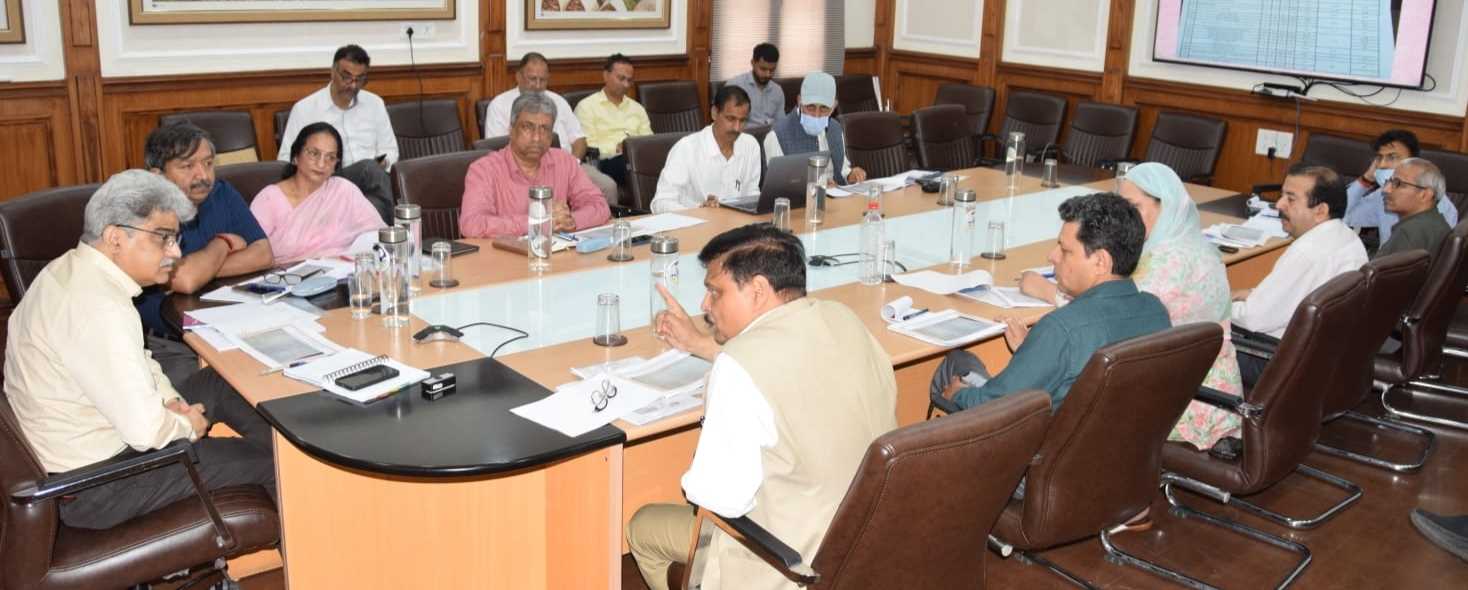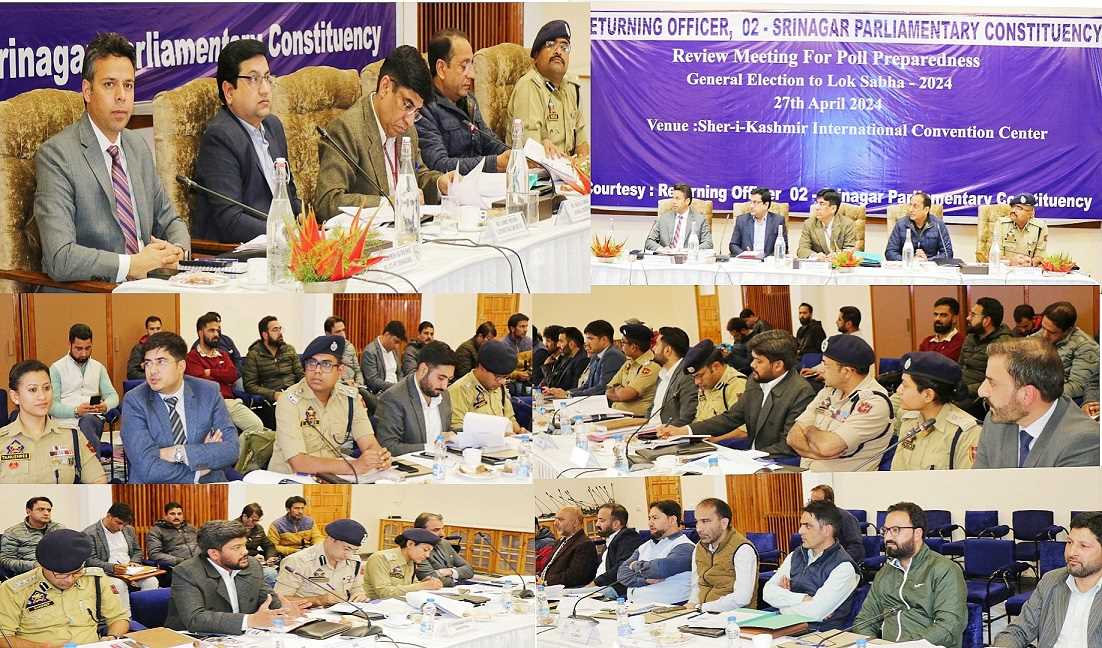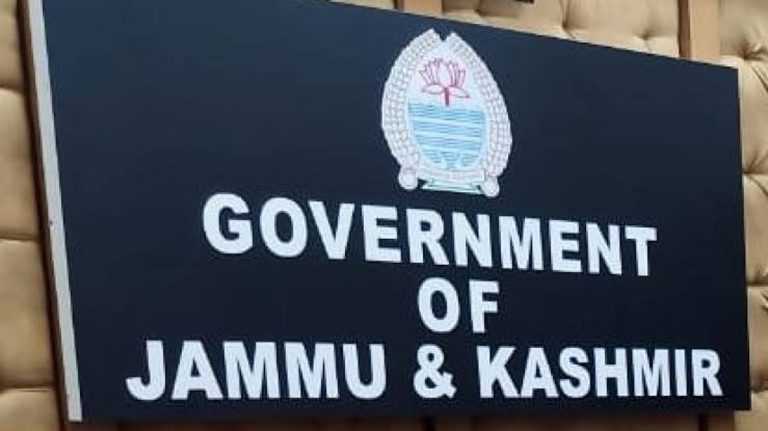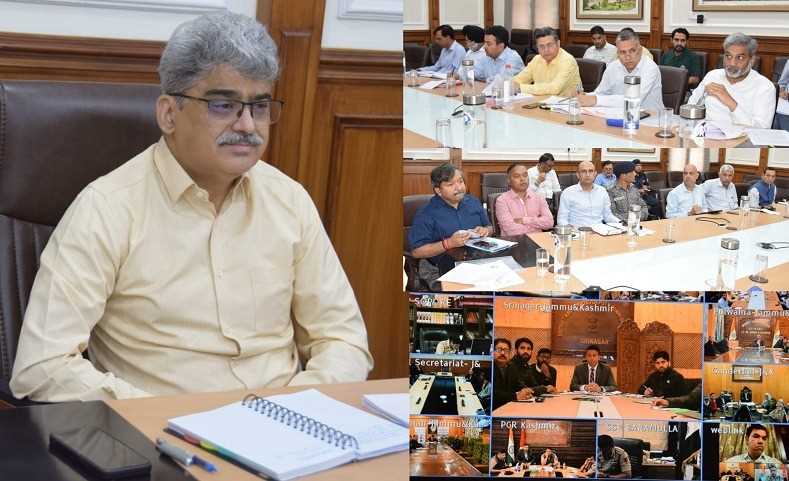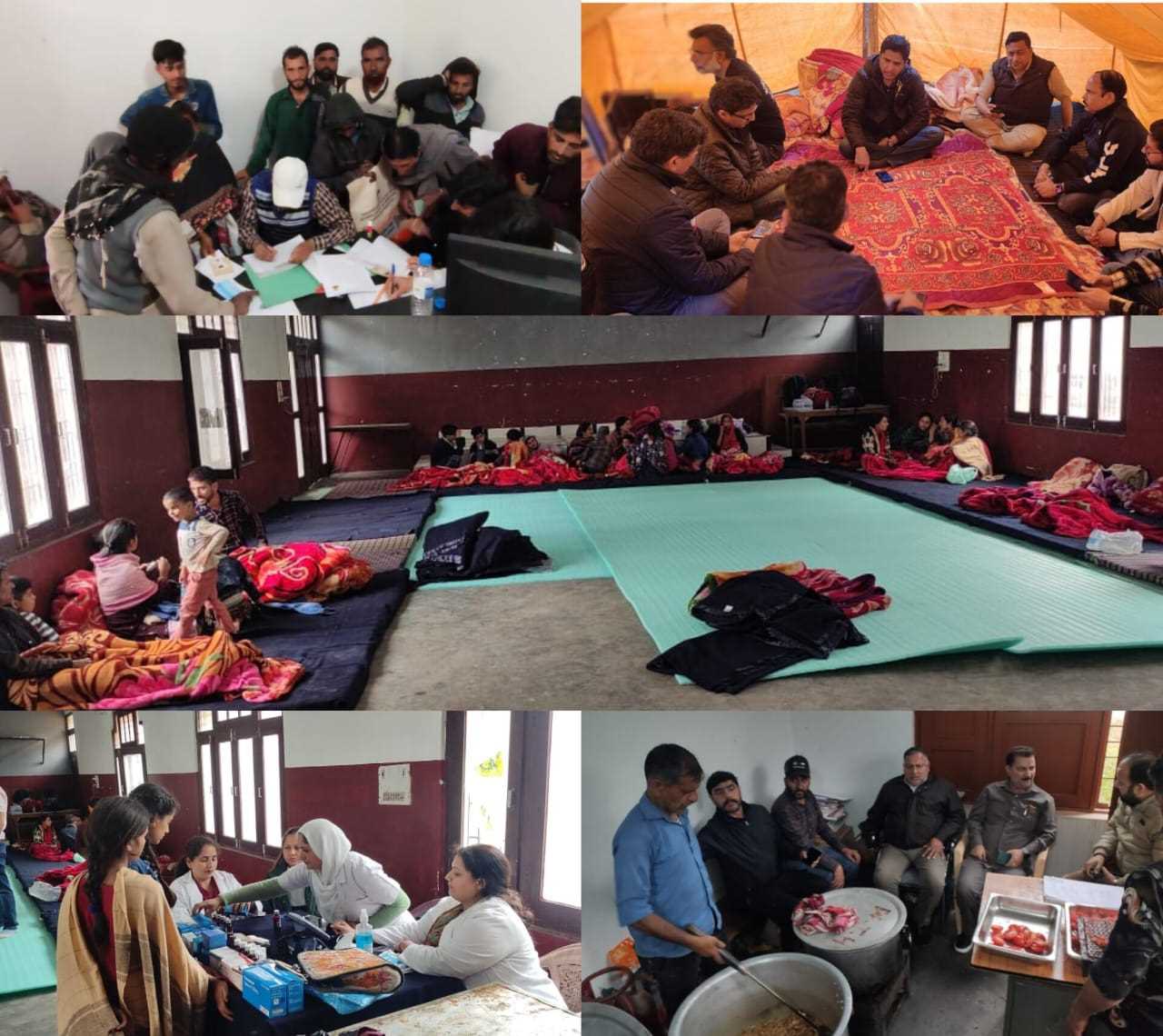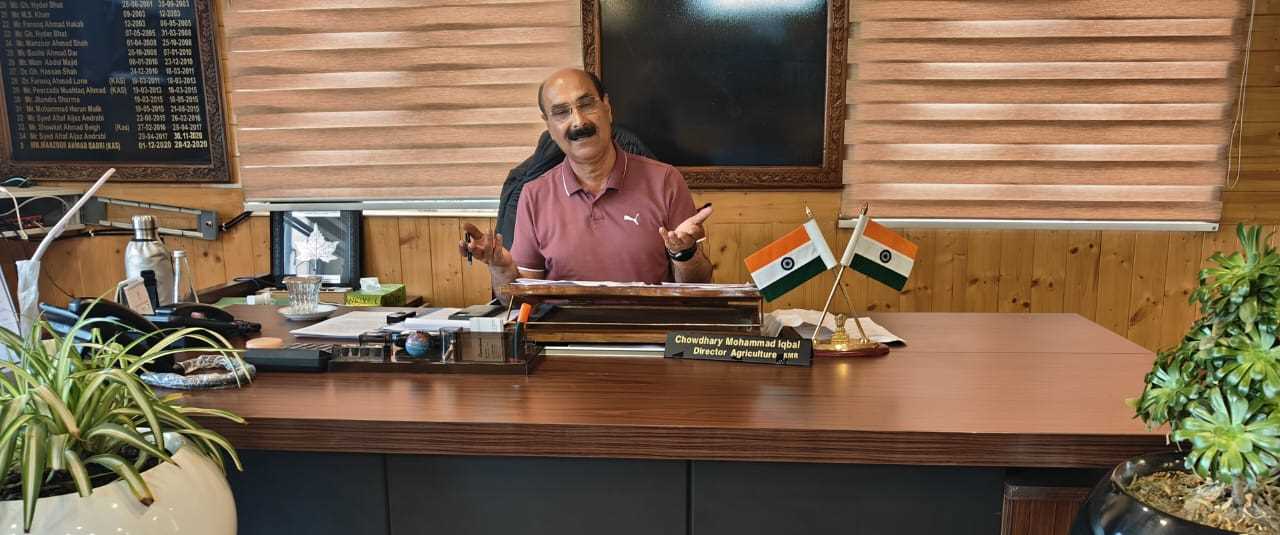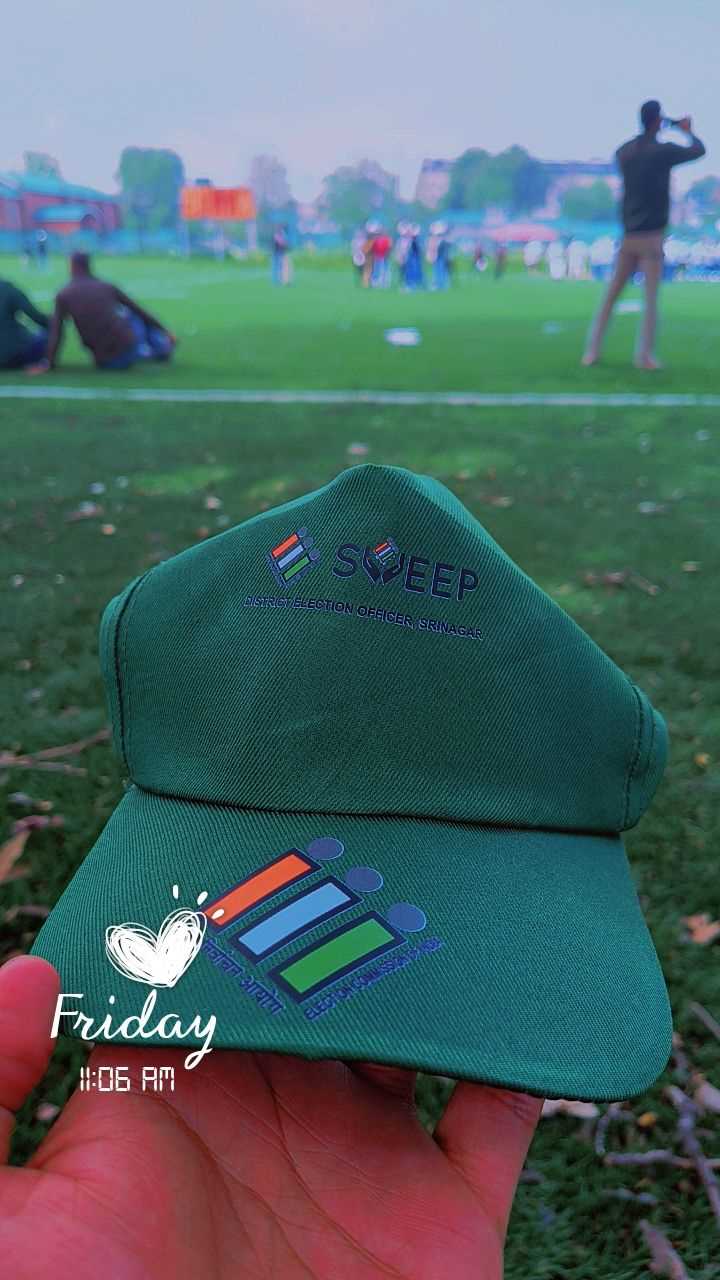In this age of technology and fast communication, where surveillance has become inevitable, humankind has been caught in such a trap that it is dead impossible to keep ones privacy intact while having the use of latest technology especially social media apps that prior to installation require our permission to record our audio and video interaction and while working in a office or any establishment. Although, such techno- security is a pre-requisite for defense mechanism of a nation and country in present scenario. At the same time it has now affected the private life and liberty of a man.
Surveillance is the monitoring of behavior, many activities, or information for the purpose of information gathering, influencing, managing or directing. This can include observation from a distance by means of electronic equipment, such as closed-circuit television (CCTV), or interception of electronically transmitted information like Internet traffic. It can also include simple technical methods, such as human intelligence gathering and postal interception.
Surveillance is used by citizens, for instance for protecting their neighborhoods. It is widely used by governments for intelligence gathering, including espionage, prevention of crime, the protection of a process, person, group or object, or the investigation of crime. It is also used by criminal organizations to plan and commit crimes, and by businesses to gather intelligence on criminals, their competitors, suppliers or customers. Religious organizations charged with detecting heresy and heterodoxy may also carry out surveillance Auditors carry out a form of surveillance.
A byproduct of surveillance is that it can unjustifiably violate people's privacy and is often criticized by civil liberties activists. Democracies may have laws that seek to restrict governmental and private use of surveillance, whereas authoritarian governments seldom have any domestic restrictions.
Espionage is by definition covert and typically illegal according to the rules of the observed party, whereas most types of surveillance are overt and are considered legal or legitimate by state authorities. International espionage seems to be common among all types of countries.
Surveillance cameras, or security cameras, are video cameras used for the purpose of observing an area. They are often connected to a recording device or IP network, and may be watched by a security guard or law enforcement officer. Cameras and recording equipment used to be relatively expensive and required human personnel to monitor camera footage, but analysis of footage has been made easier by automated software that organizes digital video footage into a searchable database, and by video analysis software (such as VIRAT and HumanID). The amount of footage is also drastically reduced by motion sensors which record only when motion is detected. With cheaper production techniques, surveillance cameras are simple and inexpensive enough to be used in home security systems, and for everyday surveillance. Video cameras are one of the most common methods of surveillance.
As of 2016, there are about 350 million surveillance cameras worldwide. About 65% of these cameras are installed in Asia. The growth of CCTV has been slowing in recent years. In 2018, China was reported to have a huge surveillance network of over 170 million CCTV cameras with 400 million new cameras expected to be installed in the next three years, many of which use facial recognition technology
In the United States, the Department of Homeland Security awards billions of dollars per year in Homeland Security grants for local, state, and federal agencies to install modern video surveillance equipment. For example, the city of Chicago, Illinois, recently used a $5.1 million Homeland Security grant to install an additional 250 surveillance cameras, and connect them to a centralized monitoring center, along with its preexisting network of over 2000 cameras, in a program known as Operation Virtual Shield. Speaking in 2009, Chicago Mayor Richard Daley announced that Chicago would have a surveillance camera on every street corner by 2016.[44][45] New York City received a $350 million grant towards the development of the Domain Awareness System, which is an interconnected system of sensors including 18,000 CCTV cameras used for continual surveillance of the cityby both police officers and artificial intelligence systems.
In the United Kingdom, the vast majority of video surveillance cameras are not operated by government bodies, but by private individuals or companies, especially to monitor the interiors of shops and businesses. According to 2011 Freedom of Information Act requests, the total number of local government operated CCTV cameras was around 52,000 over the entirety of the UK The prevalence of video surveillance in the UK is often overstated due to unreliable estimates being requoted; for example one report in 2002 extrapolated from a very small sample to estimate the number of cameras in the UK at 4.2 million (of which 500,000 were in Greater London).[51] More reliable estimates put the number of private and local government operated cameras in the United Kingdom at around 1.85 million in 2011
As part of China's Golden Shield Project, several U.S. corporations, including IBM, General Electric, and Honeywell, have been working closely with the Chinese government to install millions of surveillance cameras throughout China, along with advanced video analytics and facial recognition software, which will identify and track individuals everywhere they go. They will be connected to a centralized database and monitoring station, which will, upon completion of the project, contain a picture of the face of every person in China: over 1.3 billion people. Lin Jiang Huai, the head of China's "Information Security Technology" office (which is in charge of the project), credits the surveillance systems in the United States and the U.K. as the inspiration for what he is doing with the Golden Shield Project.
AT&T developed a programming language called "Hancock", which is able to sift through enormous databases of phone call and Internet traffic records, such as the NSA call database, and extract "communities of interest"—groups of people who call each other regularly, or groups that regularly visit certain sites on the Internet. AT&T originally built the system to develop "marketing leads",but the FBI has regularly requested such information from phone companies such as AT&T without a warrant, and, after using the data, stores all information received in its own databases, regardless of whether or not the information was ever useful in an investigation.
Some people believe that the use of social networking sites is a form of "participatory surveillance", where users of these sites are essentially performing surveillance on themselves, putting detailed personal information on public websites where it can be viewed by corporations and government.
So the matter of concern being the personal privacy of an individual is no more his own ,but it goes public and easily leaked out and misused by the scrupulous elements/ fraudesacters/ hackers etc. hence the person falling prey to this data hacking is ruined within seconds. So for as the personal relationships like legal couples etc come to the exposition as there are cent/cent chances of a secret and private communication between husband and wife which however doesn’t remain safe and such communication if leaked out cant be disastrously shameful for the said couple. Not only this, but many more are involved in illegal affairs / extramarital affairs so and so. When such information gets ;leaked out by any means or as if required by the law enforcing agencies has high chances of being misused by the third agencies having directly or induoerectly the access to such data and the persons involved in such activities are easily blackmailed especially men by women and women by men. It is a sheer injustice with the individuals as their personal life and liberty right is violated here plus in case of illegal matters such incidents laed to suicides and murders etc.
There is a dire need to navigate the way out of this trifling and tormenting sort of situation so that the personal information is not accessed by anyone without the prior permission of the individuals concerned. The safest way to be safe from such hazardous things is to lemmatize the use of modern technology only to the official and commercial use. And let not the personal activities be exposed via such techo- machnies. Controlling our behavior while communication to our beloved ones can be the most effective way to be safe. On legal grounds any type of such information may not be accessed without the permission of the concerned individual. When the person involved in such immoral or criminal activity is summoned the information be shown to him/her for confirmation and getting his signs over a legal document and recording it confidentially and be deleted from the search engine
Email:----------------ishaq7007@gmail.com


